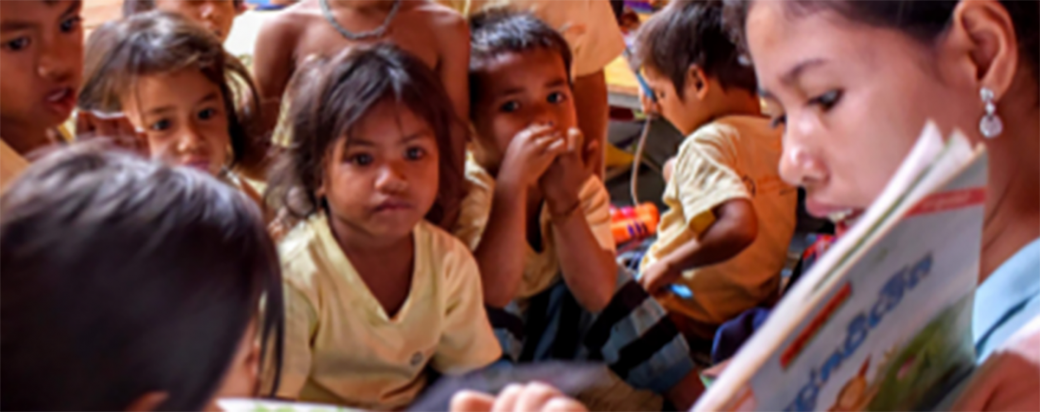The scalable education model has given over 38,000 children the chance to attend school for the first time. We are committed to giving this opportunity to thousands more, with a vision to transform 50,000 children’s lives through education by the end of 2021. The project is focusing not only on the quantity of children reached but also on quality education, by implementing our inclusive education policy across schools, gaining the Keeping Children Safe accreditation, rolling out quality NFER assessments and more.

About the Project
This project is one of the 2019 WISE Awards winners.
United World Schools (UWS) works with highly remote communities across Cambodia, Myanmar and Nepal. In these rural areas, government schools are a long walk away, meaning most children do not go to school at all. Many of the tribal communities we work with speak indigenous languages, further excluding them from government education which is taught in the national language. Lacking basic education and unable to speak their national languages, the prospects of these communities are bleak, with most families surviving as subsistence farmers. Without education, the children in these villages have little chance of breaking out of a cycle of poverty, vulnerability and exploitation. UWS is committed to changing this.
Context and Issue
We have created a low-cost, sustainable model to teach the unreached. We develop community schools in the heart of remote villages, making education easily accessible. We involve communities every step of the way, recruiting and train local teachers who can deliver lessons in children’s own dialects. We also form a local body of parents to oversee each of our schools, ensuring they are community-owned projects.
Solution and Impact
Once open, we partner our schools with others in more affluent countries, who fundraise to support the ongoing running costs. In the long-term, we aim to transition our schools to local and government ownership. With this sustainable model, we are confident that each UWS school will continue to serve generations to come.
By teaching children to read, write and count, and to speak their national languages, they gain the skills to enter secondary education and access improved job opportunities. In the long-term, education will increase these children’s future earnings and help lift their communities out of poverty.


